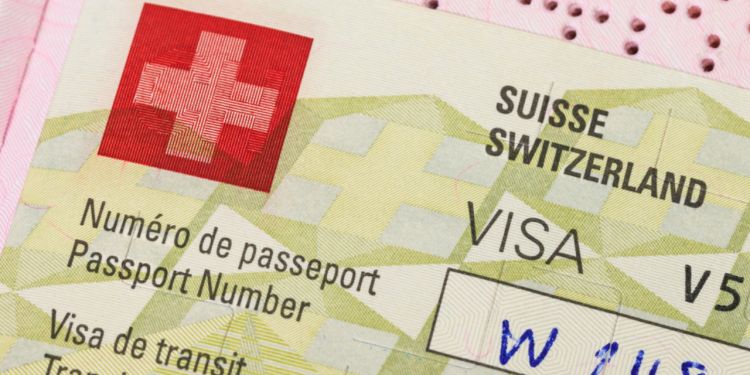Different types of visas for Switzerland

Switzerland is a very attractive destination for expats. Because of that, and because of the country's small size, there have been concerns about a need to curb immigration. In the past decade, “quotas” were introduced to limit the number of people who could immigrate from specific countries. The notion contradicts the country's free movement accord with Brussels, so negotiations are still ongoing. Apart from that, there are different types of visas for Switzerland depending on your nationality and needs. Read below to find out what applies in your case.
For EU/FTA nationals
EU/EFTA nationals can come to Switzerland with relatively few formalities and restrictions ' although finding work can prove harder depending on whether there is an active quota on immigration for your specific nationality. To enter the country and start looking for work, you need to have a valid ID card or passport and be able to prove that you do not pose a threat to the public order or health, to Swiss security or the international relations of any of the Schengen states. You also need to prove that there is no alert issued that prevents you from entering the country and that you have not been expelled from the country in the past.
The application documents may vary depending on your nationality, but usually, the checklist includes:
- a valid Identity card or a passport
- a police record
- proof of employment
- the family record book
- the application for a residence permit (for stays longer than 90 days)
- payment of administrative fees
It would be a good idea to contact the cantonal aliens' police, or cantonal immigration and labour market authorities, to get a most comprehensive documentation about requirements and specific regulations applicable in your canton. You will find information on cantonal immigration and labour market authorities in German or Italian speaking cantons, at the Federal Office for Migration website.
For third-country nationals
If you are a third-country passport holder, then you will need the following to enter Switzerland:
- A recognised travel document that was issued within the past 10 years and will still be valid for three months after your intended period of stay.
- A valid C visa (Schengen visa) or a D visa (national visa) or a residence permit issued by a Schengen state.
- A letter that states the purpose and conditions of your stay in the country.
- Proof that you have sufficient financial resources to cover the entire duration of your intended stay as well as the return trip.
- Proof that you do not pose a threat to the public order or health, to Swiss security or the international relations of any of the Schengen states.
- Proof that there are is no alert issued that prevents you from entering the country and that you have not been expelled from the country in the past.
For short-term stays of up to 90 days (in any 180-day period), you need a Type C visa -- also known as a 'Schengen visa', as it is valid in the entire Schengen area. This type of visa is issued for tourist purposes; visiting relatives or friends, participating in sports or cultural events, for schooling and study programmes or for business trips. To apply for a Schengen visa, visit the Swiss Visa website. If you're coming to Switzerland to find work, you also need a work permit apart from a Type C visa. Please consult our pertinent article on work permits in Switzerland.
For longer stays (more than 90 days), you are required to have a Type D visa, also called a 'national' visa. This type of visa is issued for study or work purposes, lengthy medical treatments or family reunification. You need to consult the embassy in your home country to ascertain exactly what is required in your case.
Good to know:
Applying for a visa costs 60 euros (plus processing fees). If your application is rejected then you need to pay the full amount again once you re-apply.
Useful links:
Swiss Visa
Canton of Genève
Canton of Fribourg
Canton of Jura
Canton of Neuchâtel
Canton of Vaud
Canton of Valais
Canton of Berne









